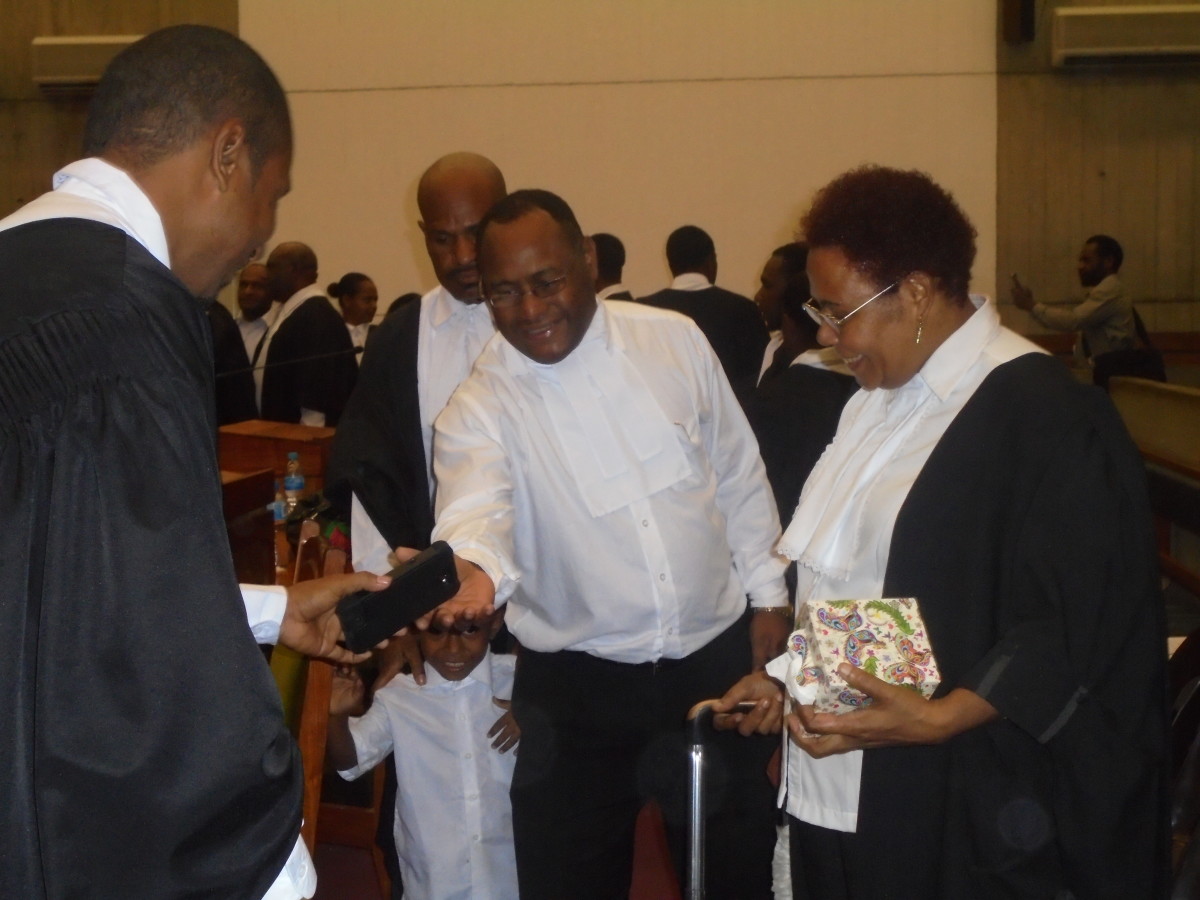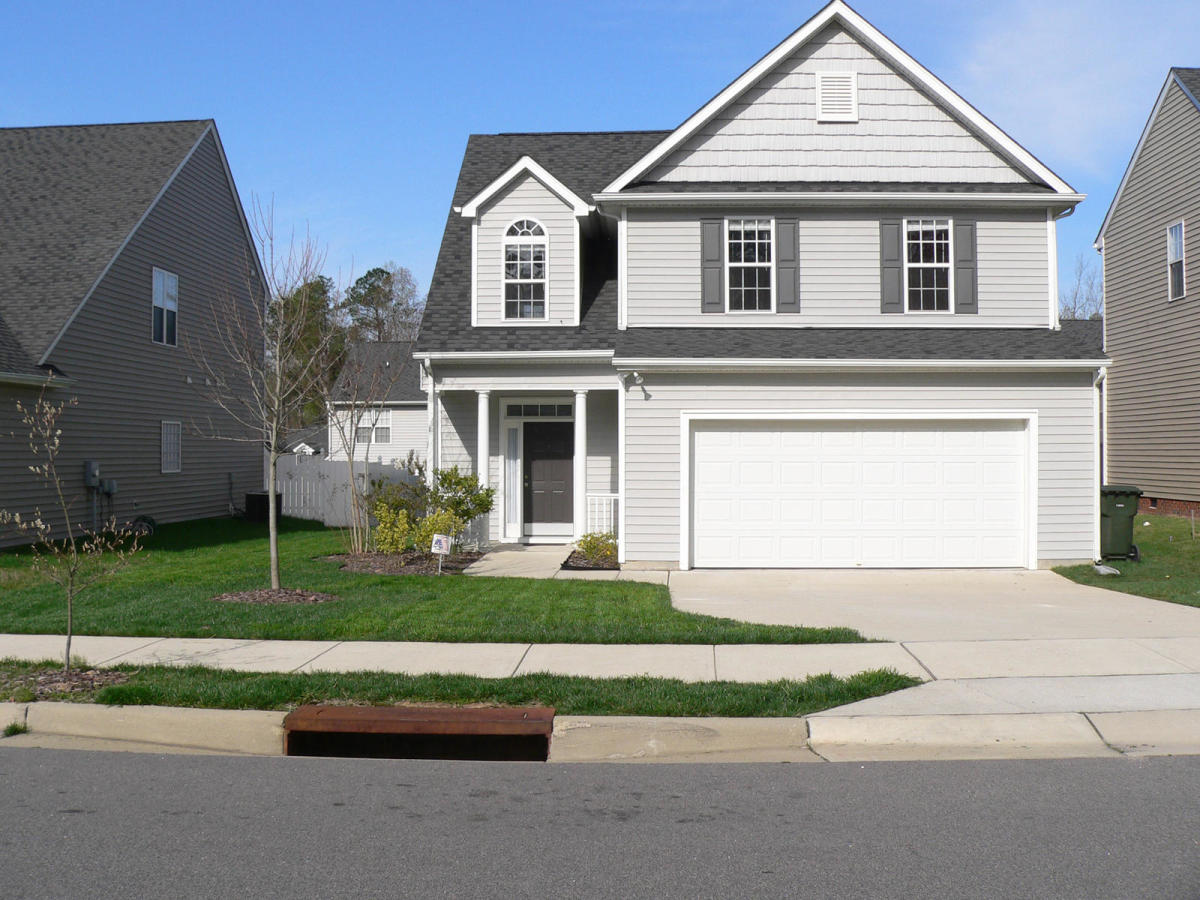Few Legal Types of Insurance Contracts
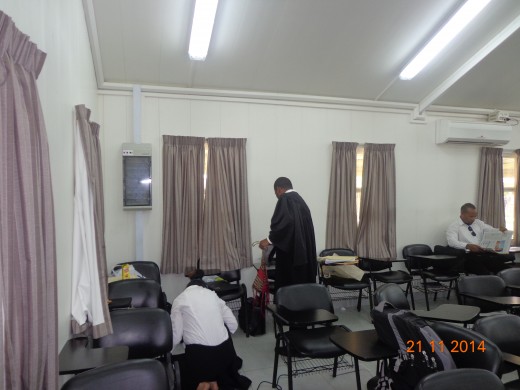
Introduction
There are basically three main types of Insurance contracts, however there are some minor but very specific types of insurance contracts, as well. The common ones are listed below:
1: Fire,
2: Life,
3: Marine, and
4: Other
In these notes only brief information will be given about each type. For further reference should be made to any of the standard books on Commercial Law, of for greater details books on Insurance in Common Law jurisdiction, either generally or a particular kind.

1: Fire Insurance
This is am contract of indemnity whereby the insurance company agrees to make good "losses or damage by fire". The actual loss can of course only be estimated after it has occurred and it is therefore based on the value of that property at the time of the loss, not at the time insurance was effected.
As in all insurance the proposal is the basis of the contract and full disclosure is necessary. A full and sufficient value should be placed on the property being insured and the insured must not increase the risk during the currency of the contract without similar disclosure.
Disclosure is also required of any other contracts of insurance in respect of the same property so that proportional and equitable contribution between the various insurers can be achieved if a loss is insured.
If the property is under-insured the insurer may be able to limit its payment to a proportionate sum up to the total amount insured: this called "averaging".
There are various types fire policies, which may insure specific properties, or goods in transit, other property, such as buildings good and furniture. Some policies provide for variation in the values of stocks over the period of the cover for loss of profits whilst a business is prevented from operating because of the fire.

2: Life Insurance
This is a particular form of insurance whereby the insurer undertakes to play the insured or his/her representatives the sum fixed by the policy either on the attainment of a certain age (stated in the policy) or on death.
The distinguished feature of this type of insurance is that is not a contract of indemnity. It is often more properly called a contract of life ASSURANCE as the event insured against must occur at some time in the future - it is assured of happening.
Again, there are a variety of life policies, which may be effected in relation to different persons and in respect of different events and providing for different methods of payment of the sums assured.
Some policies can often be used as security for loans; they often attract bonuses, which are added to the assured sum annually from profits earned by the company from the investment of its premium income; they can also usually be assigned.
Generally speaking the life policy should bot be regarded as a form of investment but for what it is - contract of insurance to protect against premature death ot to ensure a regular income at some later stage in life.
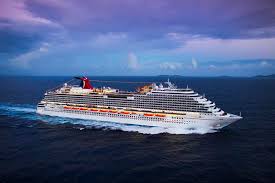
3; Marine Insurance
This again is a contract of indemnity and may be found in a variety of forms.
It may be insurance of a ship itself, the cargo or other interests and is in respect of losses incurred as a result of perils of the sea. It may be for a fixed time, for stated voyage, or be general and cover a number of voyages or cargoes from time to time (by declaration): it may also extend to cover cargo "from warehouse to warehouse" (i.e. include land or air transportation).
Much of the law of this type of insurance is found in the Marine Insurance Act 1909 - 1966 of Australia which forms part of Law of Papua New Guinea by virtue of the Constitution of Papua New Guinea: (Schedule 5 and Schedule 2.6).
Other kinds of Insurance or "Accident Insurance".
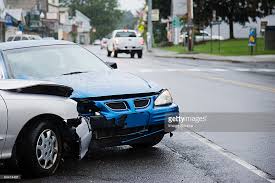
As of wide range of risks ranging from "loss of profits" to excessive rainfall" can be and are often insured against. This wide range is often compendiously referred to as "ACCIDENT" insurance. The principal forms of this insurance are as follows:
(a) Personal Accident,
(b) House-owners and Householders,
(c) All Risks,
(d) Public Liability, and
(e) Motor Vehicle Insurance.
1: Personal Accident
Not a contract of indemnity but an agreement to pay a fixed amount in the event of injury or illness - or death. A particular form of this type of insurance cover is Workers Compensation Insurance although this strictly a form of indemnity insurance as indemnifies the employer in respect of the employer's statutory liability to pay the prescribed amounts to the employer's injured employees.
Note that a partner in a business has an insurable interest in the other partners ability to keep working and mutual accident insurance coupled with assignments inter-se are often utilized to ensure that funds are available to pay for someone else to do an injured partner's work if the partner is prevented by accident or illness from doing it.
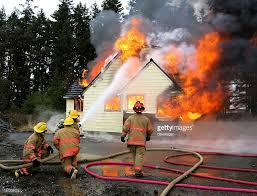
2: House owners and Householders
A wide of associated risks can be covered and should be covered by any house owner or occupier. A comprehensive policy of this will cover, for example, loss caused by:-
(a) Fire, explosion, lightning, earthquake, storm;
(b) Burglary, housebreaking, thief or attempts;
(c) Aircraft and articles dropped there from;
(d) Riot or civil commotion; and
(e) Bursting, leaking or overflowing of water tanks, apparatus or pipes:
cover can be over building and contents or either and similar cover can be arranged for business premises.
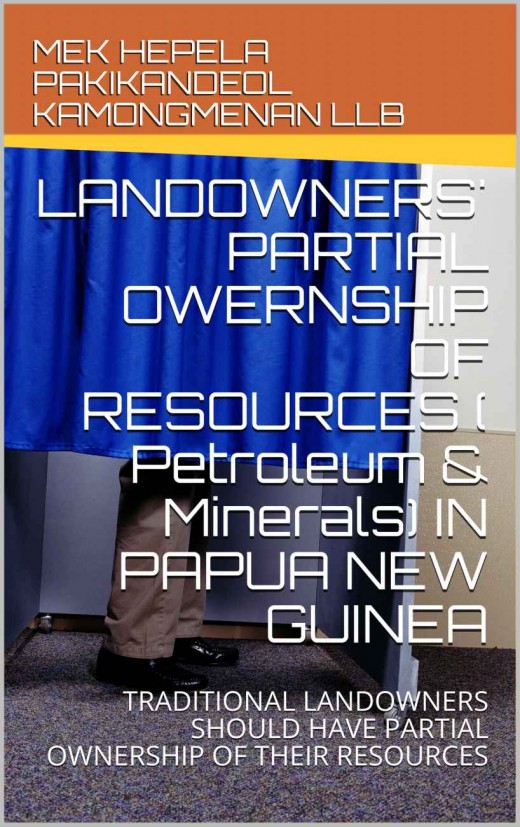
3: All Risks
Is a form of extension of the Houseowners and Householders policy and insures against losses away from the home, such as cameras, watches, rings and so on.

4: Public Liability
All persons in business should arrange for this type of insurance is available to protect them from claims by persons who might be injured or suffer loss in or about the premises occupied by the business or over which the businessmen has control. It also covers claims arising, for example, from injuries caused by a badly hit golf ball or a negligently wielded umbrella.



